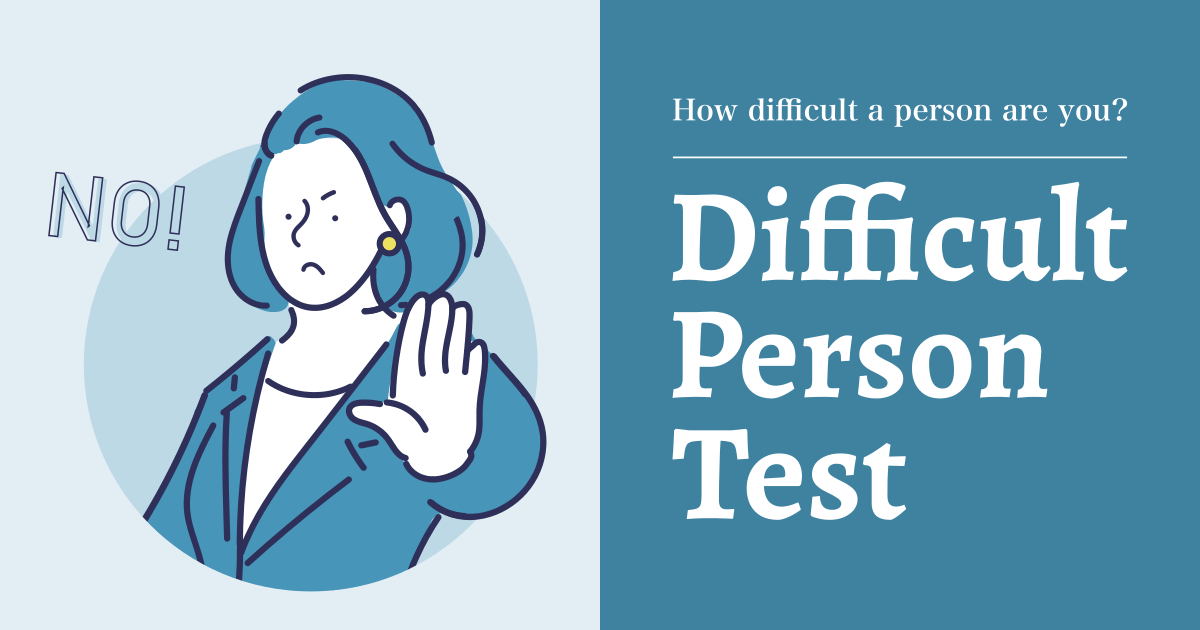
The Difficult Person Test is inspired by the research of Dr. Chelsea Sleep, a prominent psychologist. This test evaluates whether you are considered a difficult person based on six different dimensions. How challenging do you think you might be? Take the test to find out!
The Difficult Person Test is a diagnostic tool developed based on the research of Dr. Chelsea Sleep. It measures difficulty in interpersonal relationships across six dimensions: self-centeredness, arrogance, dishonesty, dependency, irresponsibility, and pessimism. By analyzing how difficult a person is, this test can provide insights and tips to help prevent interpersonal conflicts.
Being self-centered is a significant barrier in maintaining healthy relationships. Critical attitudes, aggressive behavior, and interrupting others can create a negative impression. A lack of empathy prevents understanding others' feelings and positions, leading to self-centered communication. This often erodes trust and deteriorates relationships. Effective communication involves listening, showing empathy, and engaging in constructive exchanges.
Arrogance can severely hinder the development of good relationships. A self-centered and condescending attitude can make others uncomfortable and lead to isolation. Believing oneself to be always right and ignoring others' opinions obstructs dialogue and cooperation. Imposing one's values on others shows a lack of respect. Building good relationships requires humility, respect for others, and a flexible mindset.
A lack of honesty greatly undermines trust in relationships. Lying, breaking promises, and blaming others for one's mistakes lead to a loss of trust. Avoiding responsibility and blaming others when problems arise gives an impression of insincerity. Honesty is the foundation of trust and is essential for long-term relationships. Honest actions and attitudes are key to earning trust from others.
Dependency and a lack of self-reliance often disrupt balance in relationships. Constantly relying on others and not attempting to solve problems independently burdens those around. People who struggle with independence tend to lack decisiveness and initiative. Excessive dependency results in a lack of personal opinions and will, weakening the ability to control one's own life. Independence is the cornerstone of healthy relationships.
Irresponsibility can cause serious issues in relationships. Being lax with time and breaking promises undermine trust. Failing to follow through on plans or procrastinating is seen as unreliable behavior. Betraying others' trust leads to the breakdown of relationships. Reliability stems from a sense of responsibility and keeping promises, which is essential for building trust with others.
Pessimistic behavior and thoughts negatively impact personal growth and relationships. Focusing only on the negative aspects prevents a positive outlook and often leads to anxiety about the future. Envying others' success or dwelling on personal failures hinders healthy thinking. Fear of failure and always expecting the worst can result in missed opportunities for growth and advancement. Positive thinking is crucial for personal growth and healthy relationships.